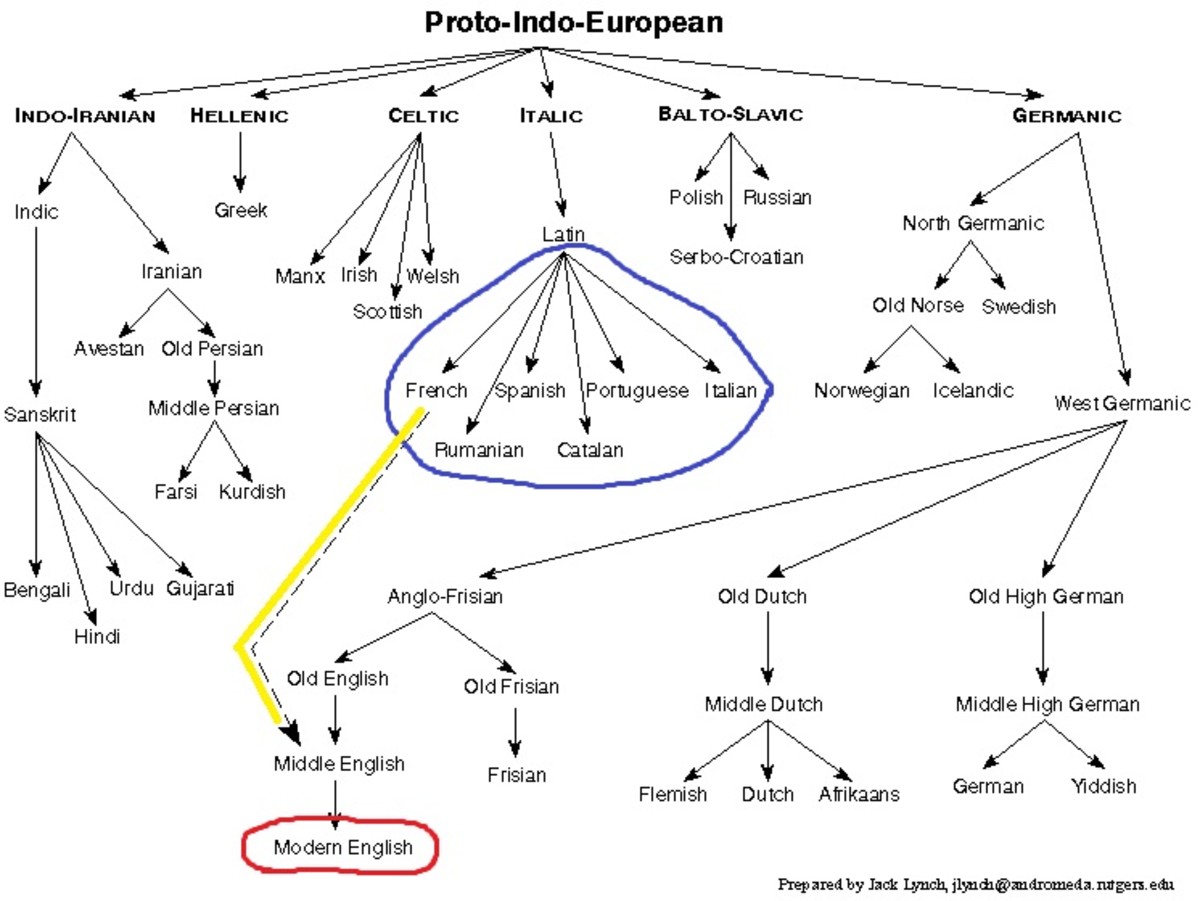Future Problems for Historians
Babylon

It is said that when God destroyed the tower of Babylon, he sent the people away all speaking in different “tongues”.
Whether this is true or not, there are certainly thousands of languages spoken in the World.
However it is estimated that these languages are dying at a rate of 161 per year, an estimated total of 6300 over the next 40 years.
These languages mainly started to die out as a result of the European colonization of the World. An example being that in Mexico, prior to the Spanish arriving, 68 languages were spoken. The Spanish mandated that only Spanish be taught in schools, therefore starting the decline of the other languages. Ayapaneco is one of these languages and is now believed to be known to only two old men and they don’t speak to each other.
A language can suffer one of two fates. When a language is said to be dead, then it is still known but isn’t officially used any where. When a language becomes extinct, it means that no body knows the language any more.
Many people say that it is good that we have fewer languages, as this makes communications easier. This is true, as life would certainly be easier if every body in the World only spoke one language.
The problem is that, just as today Historians struggle to translate texts or writings from ancient civilizations, the historians of the future may struggle with languages that are now becoming extinct.
We are fully aware today, that the knowledge of our history has played an important part in our present. Scientists continue to labor in deciphering ancient texts, in the hope that we can learn more about our beginnings.
I hope that for all our sakes and especially for the historians of the future, that some body some where is keeping copies of these languages before they become extinct.








